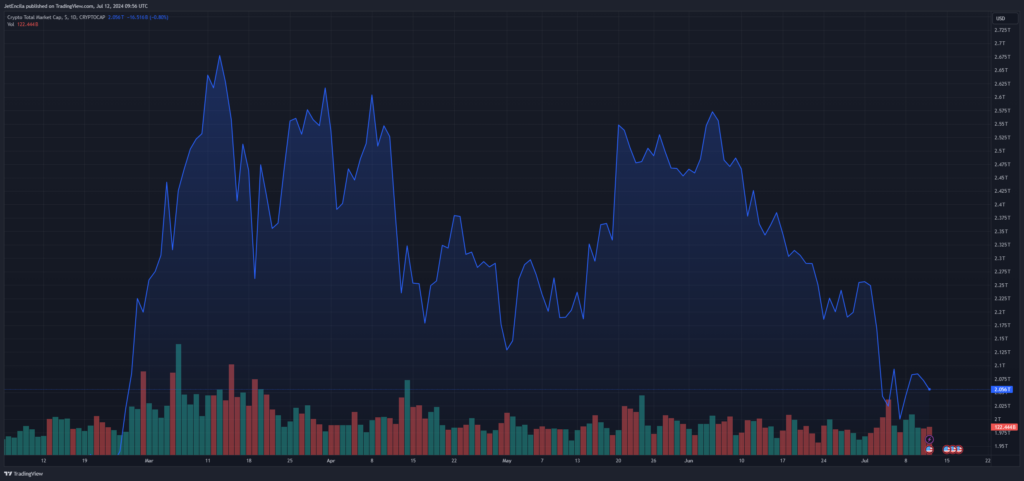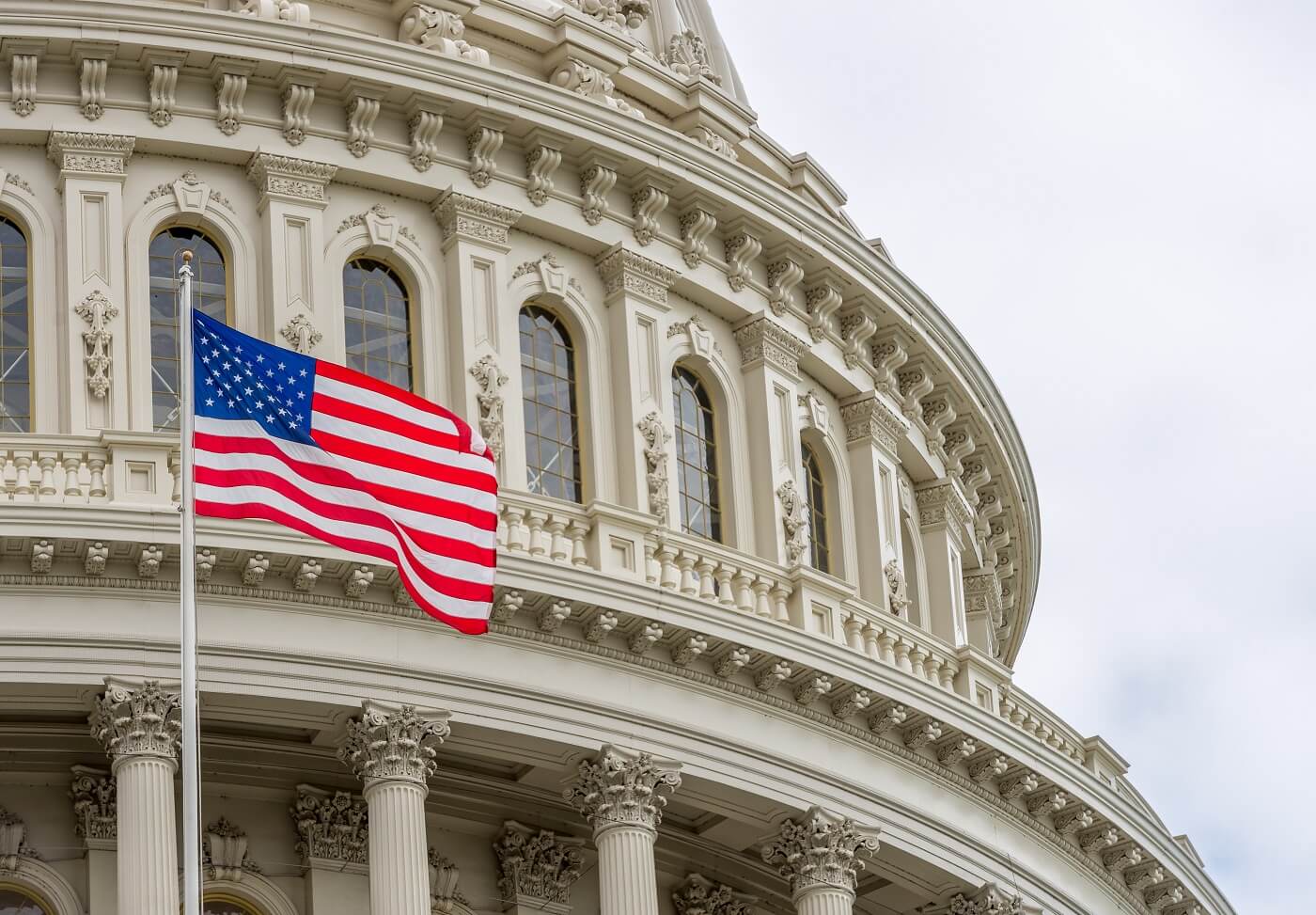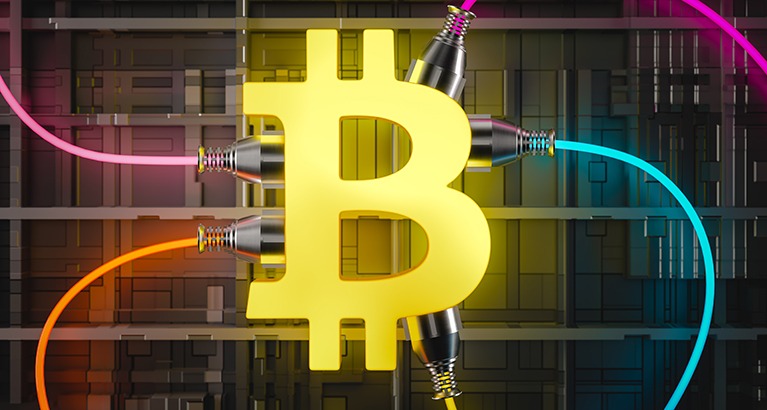Biden’s crypto veto survives as the House fails to override, sparking ongoing debate on digital asset regulation.
President Joe Biden vetoed a legislation intended to reverse a contentious SEC rule, and the US House of Representatives could not override his veto. The vote highlights the ongoing conversation about managing the rapidly evolving digital asset landscape.
SAB 121: The Essence of the Debate
The Securities and Exchange Commission’s Staff Accounting Bulletin 121 (SAB 121) is the focal point of this political conflict. This regulation requires public businesses to be transparent about the management and any risks associated with protecting customer cryptocurrency holdings. Opponents argue that it hinders innovation in the cryptocurrency industry and creates unnecessary operational challenges, while proponents assert that it is essential for investor security.
By a vote of 228–184, the House failed to override the President’s veto with a two-thirds majority. In particular, twenty-one Democrats crossed party lines to assist Republicans in repealing SAB 121, demonstrating that this issue goes beyond straightforward political divisions.

The regulatory landscape remains unchanged.
If the veto is not overridden, SAB 121 will remain in effect, maintaining the current regulatory environment for Bitcoin custody and disclosure. This outcome highlights the cryptocurrency industry’s challenges in obtaining regulatory relief, especially in cases where both sides favor reform.
The vote also reflects the Biden administration’s stance on cryptocurrency legislation, prioritizing investor protection and financial stability over industry concerns about regulatory limitations. This plan aligns with SEC Chair Gary Gensler’s ongoing efforts to incorporate cryptocurrencies within the existing legal structure.
Looking Ahead: The Development of Crypto Regulation
After this parliamentary battle has settled, attention will shift to potential next steps. The cryptocurrency industry and its congressional supporters may seek alternative solutions to their problems, such as new legislation or continued pressure on regulatory bodies.
The outcome of this vote suggests that significant modifications to Bitcoin control may take a lot of work to implement despite growing industry interest and investment. It also highlights the dynamic interactions among the US political processes, financial control, and technological innovation.
The debate over appropriate regulation will likely continue to be contentious as the bitcoin industry grows. In the upcoming years, regulators and policymakers will continue struggling to balance investor protection and innovation.



